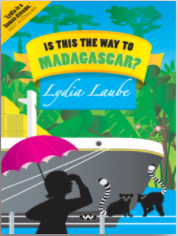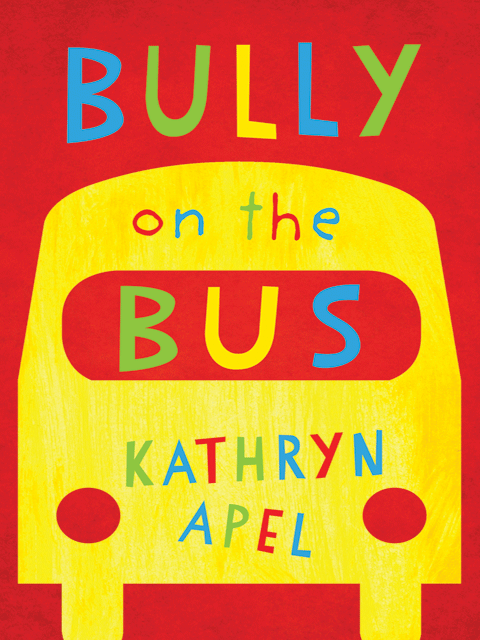


We have a wide range of books available in OpenDyslexic font. to suit readers of a full range of levels and ages. Currently, books are available from 58 publishers. A wide range of genres are covered: Action and Adventure, Arts, Music and Entertainment, Christian, Classics, Comedy and Humour, Crime and Thrillers,
Drama, Education, Junior and Teen Fiction, Junior and Teen Non-Fiction, Romance, Sci Fi and Fantasy, Short Stories, True Stories, Other.
Our bookstore is also searchable by age range: up to 5, 6-10, 11-15, 15-18 as well as non-age rated books. Purchasers searching the book store are able to specify any age range. We are constantly adding to the titles available in OpenDyslexic font., so customers are advised to check back periodically to look for further titles they may wish to read or use.
Having a range of dyslexia friendly books is a great help for readers with dyslexia. They will, however, also benefit from broader help, assistance and encouragement from parents and teachers. Some tips we are aware of include:
1. Notice Your Child's Success
Don’t forget the things your children can do well (this applies to both parents and teachers). If your child is artistic, use that talent at home as a way for your child to show understanding of a story you read aloud; draw a picture of the problem in the story, or draw the main character to push for higher oral comprehension using your child’s strengths.
2. Celebrate Every Success

Celebrate every success. Don't rely on report card grades to be the judge of your child’s progress. Celebrate his or her reading a singular word correctly or using a picture to solve an unknown word.
Meet your child at their reading level and celebrate the successes at that level. If your child is beginning to read more fluently, celebrate when they self-correct an error.
3. Be Honest with Yourself: Set Realistic Goals
Set some very short-term concrete goals, such as successfully moving up a single reading level or to just practise reading every day. You might suggest that your child read a certain number of levelled books in a month (books that your child can read independently or with only a little help), or you might set a goal of reading an interesting chapter book with your child. This allows them to see that they're capable of reaching a goal and that they can be successful.
4. Don't Let Poor Spelling Stop Your Child
There is a real possibility that a child with dyslexia may really struggle with spelling and remembering even very basic word patterns. Remember that struggling with spelling is okay. Teach your child to cope. Don't let poor spelling make your child mute. Use a dictionary, spell check, or text-prediction software. Have your child start their very own personal word dictionary as a tool to use while they write.
5. Share Your Own Difficulties with Your Kids
Here's why your child does not want to read at home: when something is difficult and doesn't come easy, you generally just don't want to do it! What makes struggling readers even more anxious about reading is the pressure they're getting both at school and at home to learn to read.
Tell your child the things you're not great at to help your struggling reader understand that people have different strengths and weaknesses and that they should try things they're not great at.
6. Read Aloud to Your Child--It's Fun and Helpful

Your struggling reader can do more – if you help. Struggling readers should be read to every single day. Hearing someone else read not only helps your child hear the language they speak, it also provides the opportunity to focus on the meaning of the words without the battle of decoding the text.
7. Kids Feel Supported When They See Parents and Teachers Working Together to Help Them
Do your children a favour and tell them where they stand academically, what their talents are, what they need help with, and the plan for helping them learn. Also remember that your child’s teacher will have a plan as well. Children feel supported when they see parents and teachers working together to help them.
8. Small Steps Can Bring Big Improvements
Keep it simple. If your child is just beginning to read or is a very slow reader, go over the alphabet and letter sounds. Break apart short consonant-vowel-consonant words (sit, hat, log, and so on), and blend these sounds together (/j/ /o/ /b/; job).
If your child is a little more independent, help them with hard words as they read. Talk about what happened in the story, the characters and the setting; what’s the problem in the story? Read a nonfiction book and talk about what you learned from it.
If your struggling child is older, let them be the teacher and read their books to siblings.
9. It's Okay to Read Slowly
Struggling readers may read faster as they grow in their reading ability or, like nearly all people with dyslexia, they may be a slow reader for life.
If your child is reading below a mid-second grade level, focus on accuracy rather than fluency or speed.
If your child is diagnosed with dyslexia, give them strategies to help them remember what they read, such as writing a sentence or two or drawing a picture of what happened on each page (or in each chapter). Your child is going to live with a learning difficulty so teach them how to deal with it now.
10. Teach Them How to Help Themselves
Having dyslexia doesn't mean your child won't learn how to read or will be a complete failure, so teach your child how to cope and deal with their situation now.
Teach your children to advocate for themselves, how to ask for help, how to understand their strengths and weaknesses, about resources they can go to for help and how to ensure they receive the understanding they need for success.






